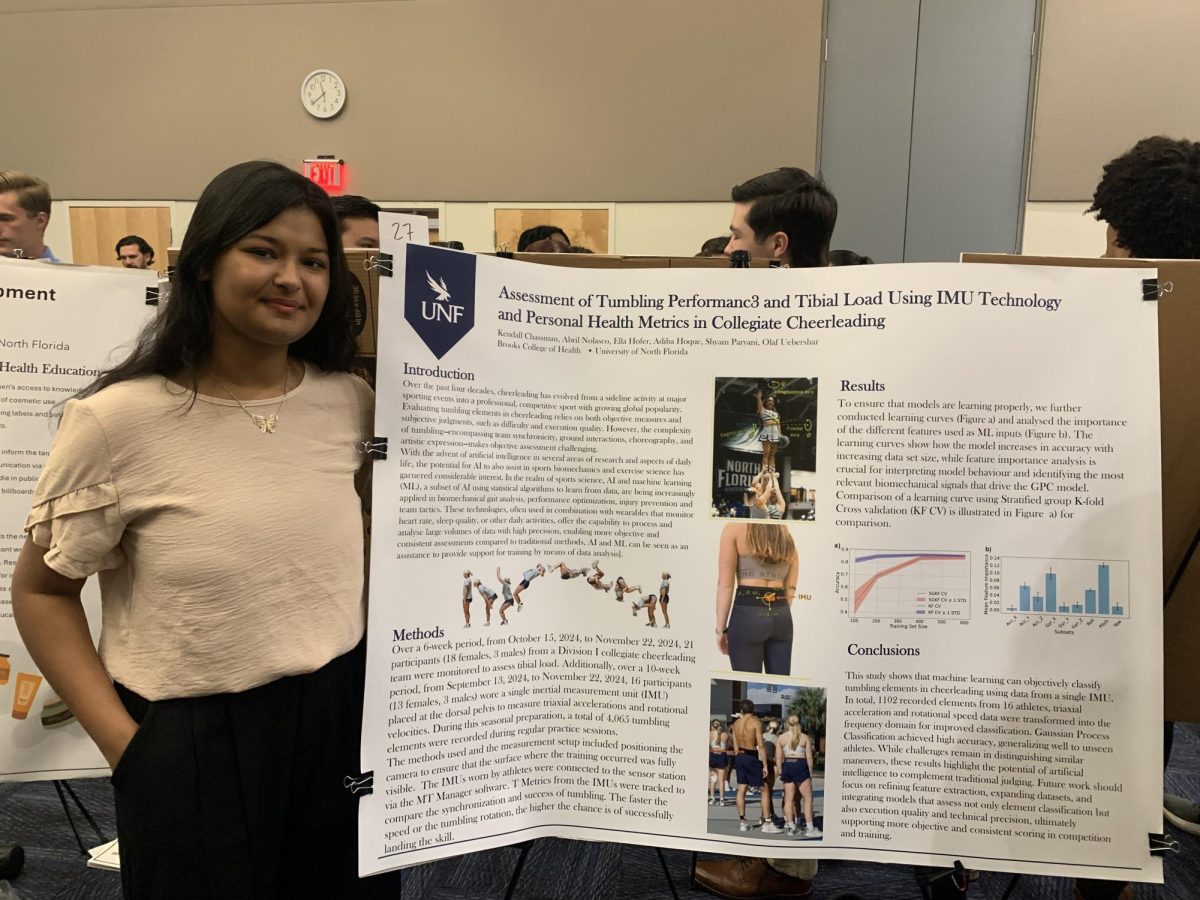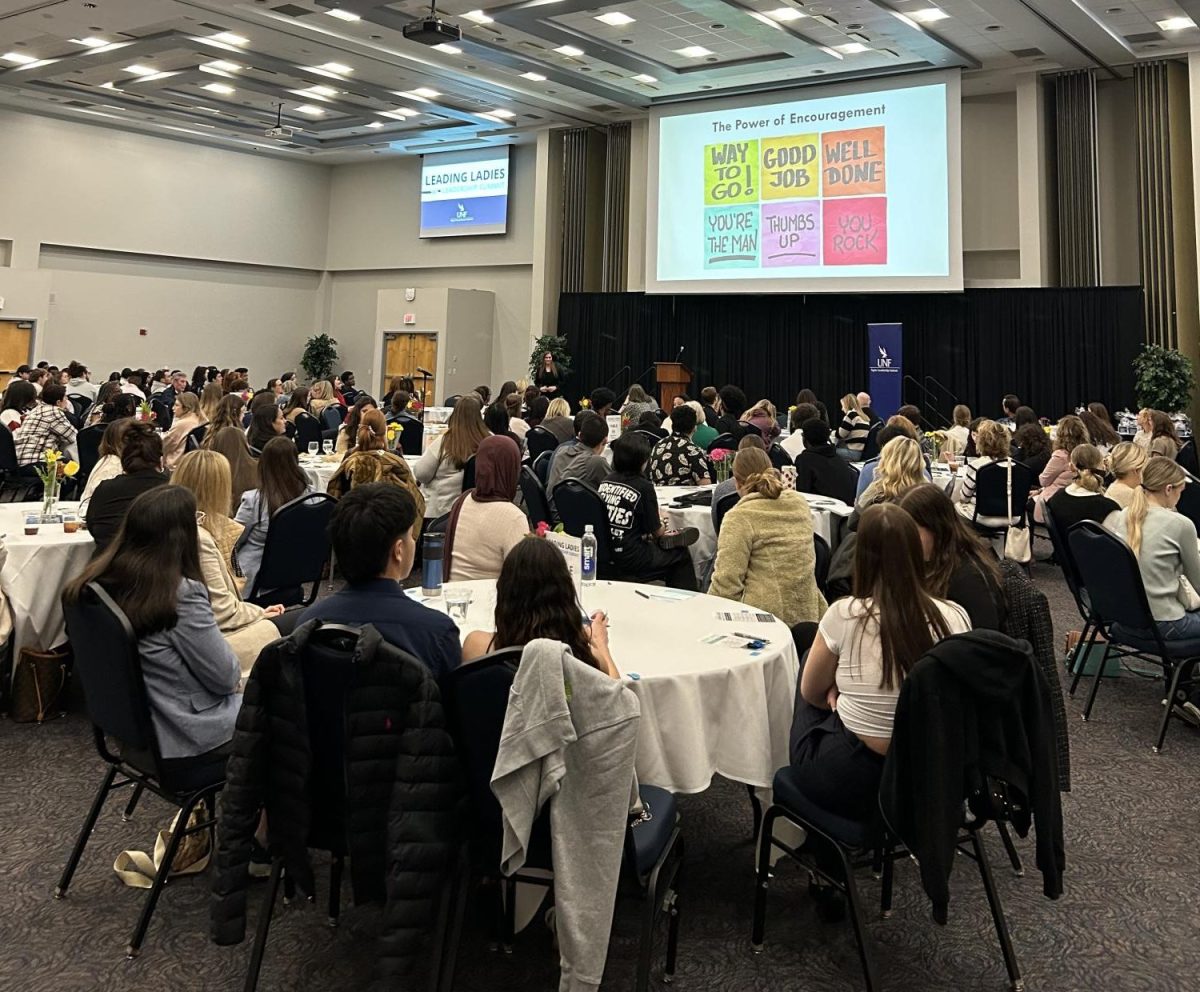Let’s Talk About It… Race in America was the second part of a campus community discussion held on Tuesday covering important racial issues.
At the event, Psychology Professor Curtis Phills introduced his research on the societal focus on implicit prejudice.
Implicit prejudice, or implicit stereotype, was first defined by psychologists Anthony Greenwald and Mahzarin Banaji as an unconscious thought of specific attributes and activities to a certain social group, according to Phills.
As a self-proclaimed “white-passing” man (Caucasian and African-American), Phills has focused his research on biases that lives in our society between races. His most recent developments keyed in on what our society formed as generalizations on not only races, but genders.
“A lot of times when people talk about black people, they think about black men,” Phills said.
A recent study he was a part of investigated how much a person would remember a quote from a black woman. As a result, every participant was able to remember the quote that was said, but not the fact that it was in fact a black woman who said it.
Phills turned his research to our world through media and compared his real-life experience to that on popular shows such as Black-ish, Grown-ish, and the movie Black Panther. These shows and movies are examples of a diversity of not only people, but the people in their races.
As a society, there is not a person that is without blame as to where prejudice and/or stereotyping starts. Phills is hopeful that there could be a world where these things don’t exist, but he also knows that it will not happen anytime soon.
The event on race in America was not only a continuation of the discussion, but a safe space for students and faculty to be able to have an open discussion on past experiences and how to handle certain implicit prejudice.
“It would be lovely if something like this could get to Lazzara Hall,” Sheilla Brown, a graduate student in Higher Ed. Administration said. “I remember when something like this was starting when I started here back in 2007, but I don’t remember it being like this. Now I see more attempts at understanding discussions like this.”
—
For more information or news tips, or if you see an error in this story or have any compliments or concerns, contact editor@unfspinnaker.com.
















